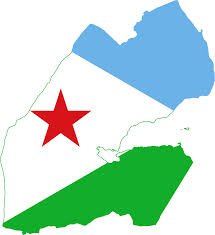
General situation
In 2023, CIVICUS and Defend Defenders released a report examining Djibouti's compliance with its international human rights obligations on freedoms of association, peaceful assembly, and expression. This was ahead of Djibouti’s fourth Universal Periodic Review (UPR), a process that takes place in the framework of the UN Human Rights Council every four and a half years. While Djibouti had accepted 22 out of 26 recommendations related to civic space during its third UPR, in 2018, the report notes that the government failed to implement these recommendations. As a result, civic space remains significantly restricted in the country. As of 2024, Djibouti’s civic space is classified as “closed” by CIVICUS’s Civic Space Monitor. Additionally, the report highlighted continued targeting of Human Rights Defenders (HRDs) and political opposition through intimidation and judicial harassment.
On 9th November 2023, the Human Rights Council reviewed Djibouti's human rights record in the context of its UPR. One hundred States made 266 recommendations, addressing a range of issues, including freedoms of expression, association, and peaceful assembly. The UPR is one of the only opportunities, at the international level, to shed light on Djibouti’s human rights record.
Association
Six years on, Kadar Abdi Ibrahim, who had been deprived of his passport following advocacy he conducted in Geneva in April 2018, remains unable to leave the country. His case has been mentioned in the annual report of the UN Secretary-General on reprisals for cooperation with the UN. On the occasion of the adoption of the report on Djibouti’s fourth UPR, in March 2024, Kadar Abdi Ibrahim will call for an end to state-sponsored reprisals against him, in an oral statement delivered for DefendDefenders.